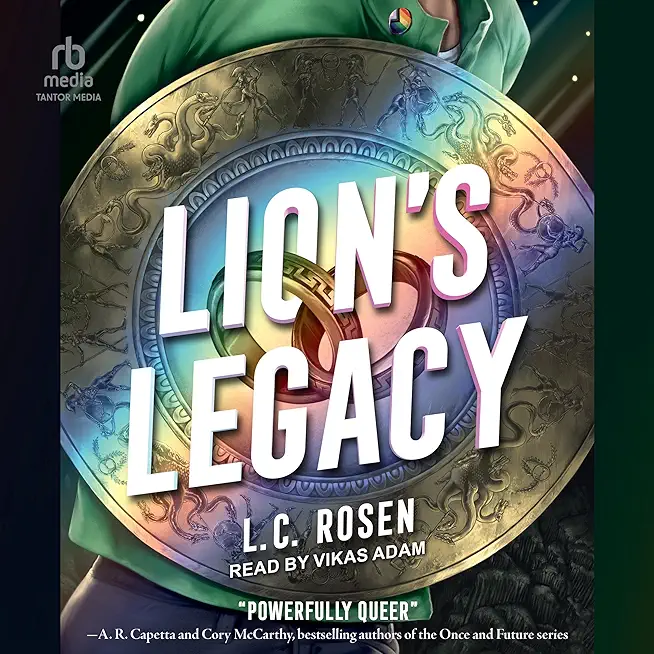
description
5Most people think Alzheimer's Disease is the same as memory loss, if they think about it at all. But most people prefer to ignore it, hoping that if they ignore it hard enough, it will go away. That was certainly Marion Agnew's hope, even after she knew her mother's diagnosis. Yet, with her mother's diagnosis, Marion's world changed. Her mother ? a Queens and Harvard/Radcliffe-educated mathematician, a nuclear weapons researcher in Montreal during Word War II, an award-winning professor and researcher for five decades, wife of a history professor, and mother of five ? began drifting away from her. To keep hold of her, to remember her, she began paying attention, and began writing what she saw. She wrote as her mother became suspicious on outings, as she lost even the simplest of words, as she hallucinated, as she became frightened and agitated. But after her mother's death, Marion wanted to honour the time of her mother's life in which she had the disease, but she didn't want the illness to dominate the relationship she'd had with her mother. This moving memoir looks at grief and family, at love and music. It is a coming-to-terms reflection on the endurance of love and family.
member goods
No member items were found under this heading.
listens & views

PYLON DEEJAYS 001 KEN-U HARD ...
by PYLON DEEJAYS 001 KEN-U HARD NRG / VAR
COMPACT DISCout of stock
$22.99
Return Policy
All sales are final
Shipping
No special shipping considerations available.
Shipping fees determined at checkout.






